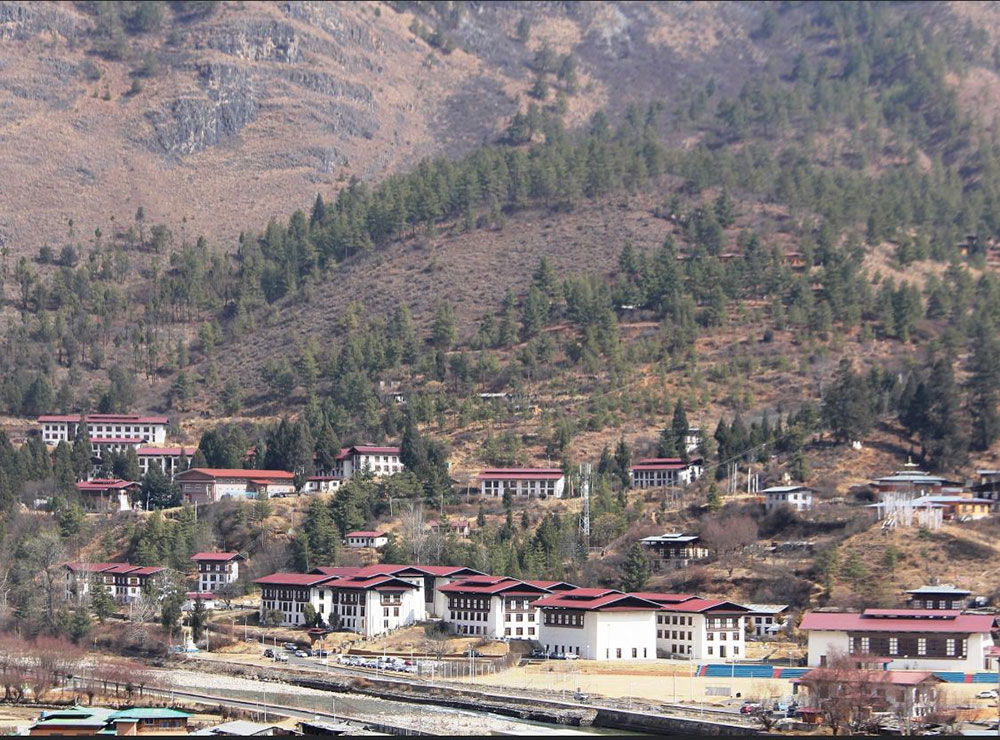Phub Dem | Paro
Cases of sexual harassment at workplaces are receiving increasing attention, and Paro College of Education (PCE) is taking the lead in framing an internal policy to address the issue of sexual harassment.
Her Majesty the Queen Mother Sangay Choden Wangchuck launched the Sexual Harassment Prevention Policy on November 25, coinciding with the International Day for the Elimination of Violence Against Women.
The college commits to providing a safe environment, free from harassment for staff and students.
According to the policy, PCE will have zero tolerance for any form of sexual harassment at the workplace, treat all incidents seriously, and promptly investigate allegations of sexual harassment.
The college will not tolerate sexual harassment within or outside its classrooms, such as social events, training sessions, or conferences related to the college.
As sexual harassment cases continue to go unnoticed and unreported, with victims unsure about where to seek help or whether their experience would be considered assexual harassment, the policy aims to advocate students and staff on the issue.
Besides that, the policy will assist managers in identifying and resolving ethical issues related to sexual harassment and responding promptly and effectively to reports of sexual harassment.
PCE Dean of Student Affairs Ngawang Phuntsho said that with an internal policy in place, the college will administer appropriate disciplinary measures when violations are found to have occurred.
With the rise in sexual harassment cases brought to light in the country, especially in schools and colleges, he said many feel the need for a sexual harassment policy. He said that the policy will put a precise mechanism and reporting procedure in place to tackle the issues. “In any case of sexual harassment on campus, the policy will empower the victims to report the matter instantly.”
PCE will have a sexual harassment prevention committee that will resolve complaints, investigate, listen to the victim and alleged offender, and ensure that the decision is made within sixty days.
The committee must conduct the preliminary investigation within 72 hours.
Formal complaints shall be made to the Office of the Sexual Harassment Prevention Committee anonymously or through a third party such as teachers, counsellors, and student representatives.
An informal complaint is subject to internal negotiation and can be dealt with between the two parties without formally involving the committee.
The prevention and protection against wrongful or false allegation clauses ensure the staff and students are protected from unfounded allegations.
PCE assistant professor Dechen Tshomo said that it is about time that a policy of this kind is put in place to protect individuals from sexual harassment. “It will give a voice to and guide victims to take action and not suffer in silence.”
She added that a sexual harassment policy is a must in schools and colleges, considering the power dynamic between teachers and students.
The policy has clauses on code of conduct, incident reporting and responding, terms of reference for the committee, prevention and protection against retaliation and wrongful allegation, and a disciplinary framework.
The policy will be presented to relevant agencies and committees for review after a year. The procedure was developed in collaboration with UNFPA.
Edited by Jigme Wangchuk


